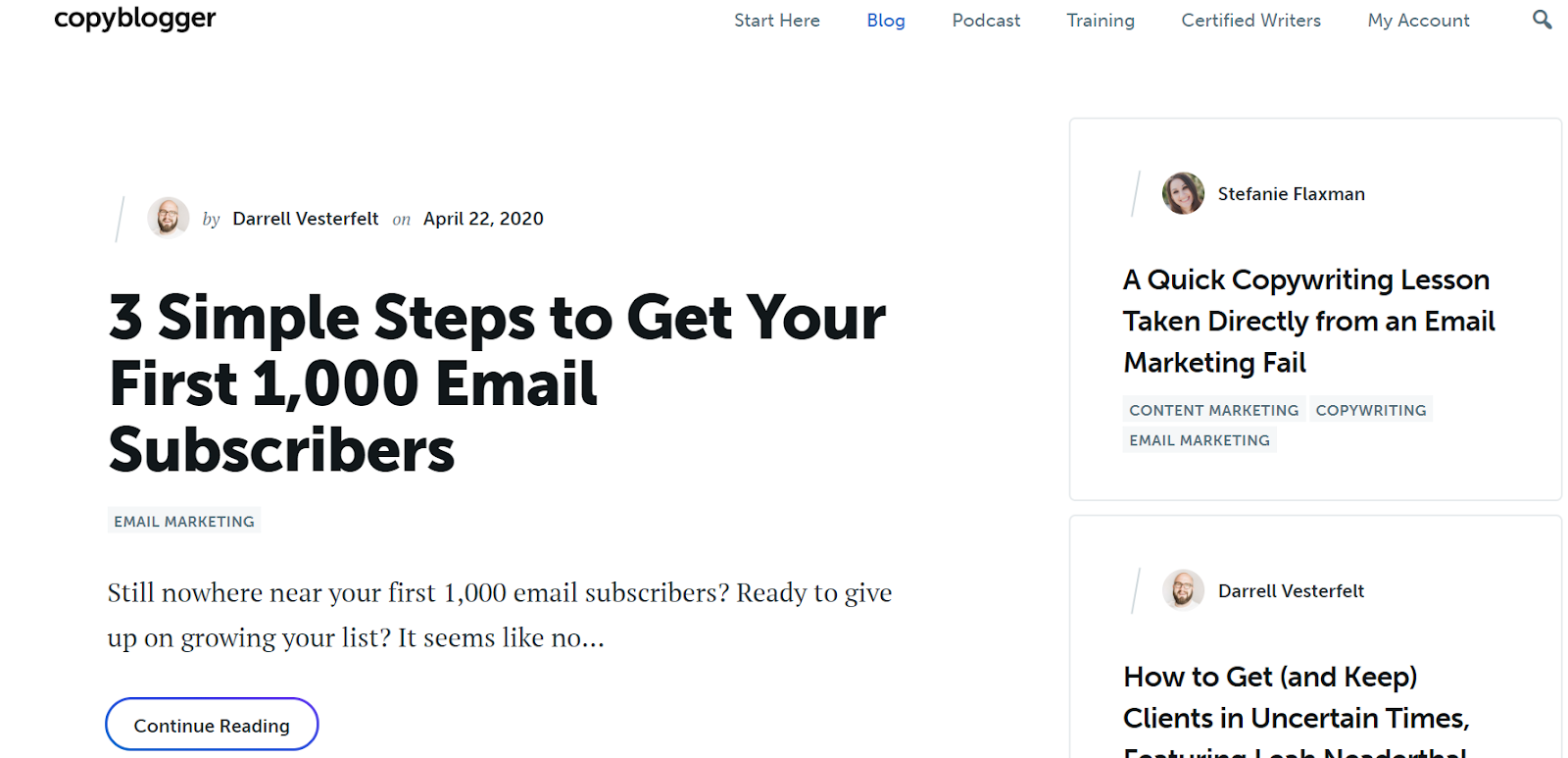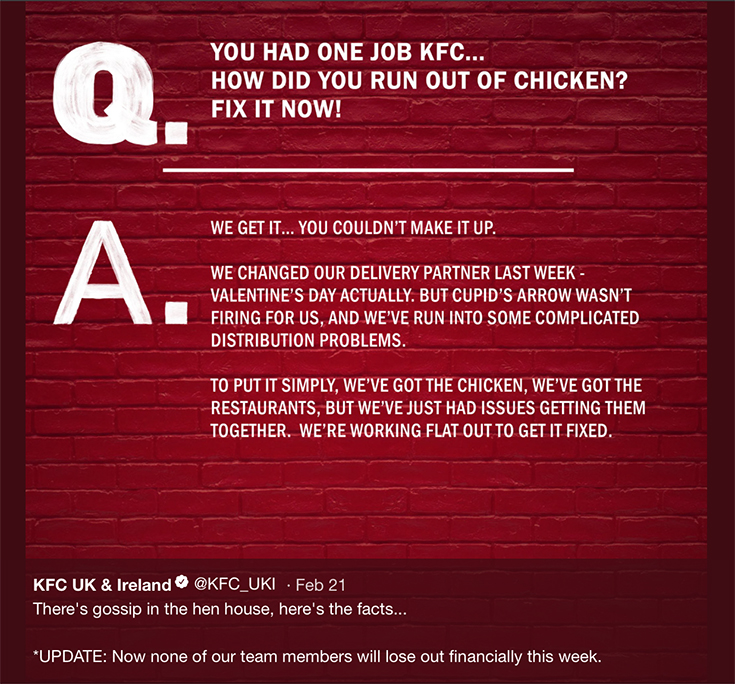Expect the unexpected: Preparing for “what-if” scenarios [Tuesdays: “Write with the Pen of the Masters”]

7 CRISIS COMMUNICATION TIPS
EVERY ORGANIZATION SHOULD MASTER
#6 Perform “What If?” Work
– – –
At times, an organization experiences a crisis that can cause harm or damage.
This can come in any form, prompting an organization to establish measures to support its customers and employees.
Scenarios like this can also be unavoidable or unexpected, which can cause panic and confusion. The COVID-19 pandemic has caused a lot of problems for numerous organizations, suspending or limiting their operations and harming their employees.
It pays to invest time and effort to prepare contingency plans for these “what-if” scenarios.
Crises and emergencies can come unexpectedly, which is why effective communication with your customers and employees is crucial during these challenging times.
To help you do this, we at Valens Research provide you with important tips and advice based on the article, “7 Crisis Communication Tips Every Organization Should Master” from Northeastern University’s Communication program.
In our past five articles, we talked about why you should Respond Quickly, how to Leverage Support, why you should Put the Victims First, why you should Not Play the Blame Game, and how important Being Transparent is. This week, our tip is…
Perform “What if” work
Crisis situations vary in degree and severity and can come in many forms. This can be financial, natural, or accidental. While preparing for these gives you a concrete plan to recover from the crisis and move forward, it is unlikely that you can prepare for all of them.
Nevertheless, performing “what-if” work enables you to have a proper communication plan during a crisis. This means preparing all of the necessary communication channels to broadcast your message as quickly as possible and inform employees and customers.
These “what-if” situations can greatly vary, from plausible events, to unexpected scenarios that can catch you completely off-guard.
Here are some examples of “what-if” scenarios that your organization to give you an idea of what you might have to prepare for:
- What if the building is on fire? – Emergency situations are a very common “what-if” question, with multiple scenarios and factors that you need to consider when preparing for it.
- What if a volcano erupts? – Natural disasters are unavoidable and can take a huge toll on life and livelihood. Addressing people before, during, and after the event is crucial for safety and preparedness.
- What if everyone has to stay at home? – In relation to the current pandemic, a scenario where people can only work from their homes might be something that you need to prepare for.
This communication plan is not only used to address the crisis itself but to also keep everyone informed of important emergency procedures that need to be done. During the COVID-19 pandemic, organizations provided crucial information that has helped the general public keep themselves safe.
This includes information on how to protect themselves using masks, the proper cleaning procedures, and which local offices and health facilities to contact.
There are a number of companies that were able to address these “what-if” scenarios and prevent a crisis from escalating.
One of them was the international fast-food chain KFC.
Known for their world-famous chicken, the fast-food chain encountered a “what-if” scenario that no one expected.
“What if we ran out of chicken to serve?”
For a store that predominantly sells chicken, running out of their key raw material seems like a highly unlikely scenario. And in February 2018, no one in the UK thought they’d see the day that KFC would close 646 out of its 900 stores in the country because they ran out of chicken.
Not being able to serve their signature product would have greatly hurt KFC’s brand image. Fortunately, their PR team skillfully addressed these concerns in a light-hearted manner, assuring their customers that it would be resolved immediately.

They released a series of statements across their social media channels, explaining that the shortage was due to a distribution problem, and made light of the situation by adding humor in their posts.

KFC’s quick response was praised by communications experts, as they addressed a crisis effectively and kept their customers well-informed. According to communication expert Ann Wylie of Wylie Communications:
The light-hearted response to this crisis prevented panic and confusion from escalating further, and kept the public well-informed of the steps being made to solve the problem.
Following KFC’s example, your organization can come up with an effective communications plan during these “what-if” scenarios.
You can send email blasts to your employees and customers to provide them with a quick message to keep them informed. Social media is also an important channel to use, as you can send statements in the quickest way, while reaching a large number of people.
A crisis can hit an organization hard, affecting its employees and operations. By preparing for these what-if scenarios, you would be able to address a crisis or emergency effectively, and practice effective crisis communication and management.
About The Dynamic Marketing Communiqué’s
“Tuesdays: Write with the Pen of the Masters”
Who doesn’t find content writing to be a skill that requires a lot of practice and effort?
In fact, many people may even find copywriting very intimidating.
However, you can be a good writer as long as you have the right tools. You won’t always get things right the first time, but with enough time and practice, you’ll get the hang of it!
When you write a copy for any brand or for your company, your aim is to make an impact and…
…to get people to remember.
Getting people to remember means getting consumers to buy your product or to avail of your service.
And when you get your content to deliver the results you want, THAT is a great copy!
Every Tuesday, we publish content based on tips and insights from the masters of content writing, copywriting, and storytelling.
Become more familiar with ways to write great copy that helps you gain ROI from your efforts, drive profitability, and achieve your business goals.
Learn time-tested tactics that better capture the attention of your target audience, and maximize the benefits of great copywriting.
Hope you found this week’s insights interesting and helpful.
Stay tuned for next Tuesday’s “Write with the Pen of the Masters!”
Cheers,
Kyle Yu
Head of Marketing
Valens Dynamic Marketing Capabilities
Powered by Valens Research
www.valens-research.com




